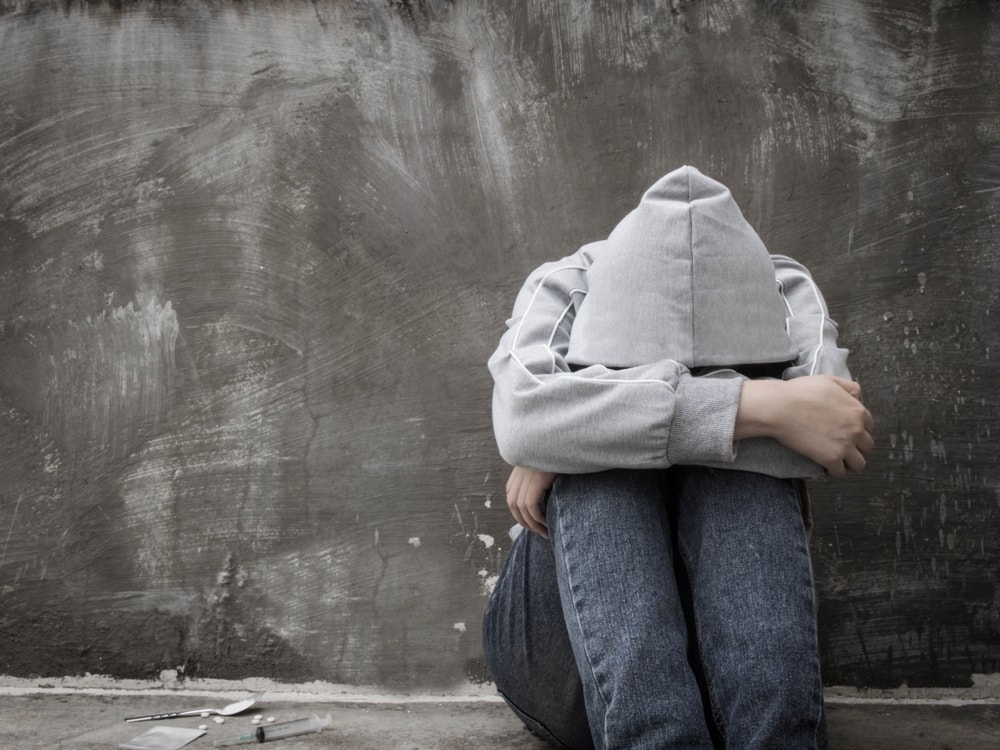Addiction is a disease, so someone who is making their recovery will experience very real physical symptoms. When a person is dependent on a substance and then stops using, as part of the detox and rehab process, the physical sickness they may experience is referred to as withdrawal. Stopping heroin use, for example, often includes nausea, vomiting, and diarrhea, while quitting cigarettes causes irritability and trouble sleeping. The good news is that now, relief is highly available, from therapy to medicines. Understanding this very natural, normal part of your path to recovery can help you stay on track.
Why we Experience it:
No matter what chemical is the active ingredient in a drug, all drugs trigger a response by reaching receptors in the brain. Once the chemical is no longer reaching the brain, the central nervous system may perform differently than before, causing discomfort.
For example, active opiate users become accustomed to having their pain receptors blocked, so once they stop using abruptly, everyday muscle aches will feel extremely painful. The body essentially has to re-adjust to a normal pain tolerance. On the other hand, the central nervous system of a person with high alcohol intake will work harder to over-compensate for the slower speed of neurons messaging back and forth. When the body stops receiving the alcohol, the brain still works in this state of “over-drive”, resulting in symptoms like anxiety, headache, and insomnia.
When to Expect It:
The timeline for symptoms is different for every substance used. 8 hours after someone’s last dose of OxyContin, for example, they may start to experience symptoms like cravings and stomach cramps, and can expect the worst of their nausea and vomiting at around 72 hours after the last dose. For alcohol, insomnia and nausea similarly begin after 8 hours and all symptoms should subside within a week.
Physical discomfort associated with detox from methamphetamines typically lasts longer, for two entire weeks. The peak of these symptoms, including depression, sleepiness, and increased appetite, occurs about 7 days following disassociation.
Making Recovery Bearable:
Anyone who has experienced withdrawal knows how difficult it is not to relapse because of how agonizing it can be. Many people feel like their mind is made up against using, but use again nonetheless just to stop feeling sick and be able to function. Remind yourself that you are fighting a physical disease and allow yourself to ask for help. Many people find that professional assistance in a rehab program is the only way to make it through the symptoms following disassociation from a drug.Many treatment centers offer one-on-one sessions with licensed psychiatrists, which are especially helpful in addressing stress and anxiety that results from ending opioid use. Any good long-term rehab program will include counseling and talk therapy to address underlying issues contributing to addiction. Assessing each recovering addict’s individual needs is important, and for those struggling with severe addiction, supervision may be necessary. This will involve the recovering addict living in a treatment facility temporarily and participating in activities such as group therapy to distract from cravings.

Then there are medications available to ease physical consequences of substance dissociation. Medications for addiction recovery all work to address symptoms – some mirror the physiological properties of the chemical that was abused, while others simply stop undesirable symptoms.
The gold standard medications offered for opioid recovery are methadone and buprenorphine, since they are opioids and will therefore stop symptoms completely. These drugs don’t produce the euphoric high that opioids do, and can be taken long-term, so it’s no surprise that research has highlighted medication-assisted treatment as the most effective tool to recovery. Another medication that can “fill-in” for the substance someone was previously dependent on is Privigil, is a stimulant that may be taken when detoxing from meth, to steady one’s sleep pattern.Other medications that may be a part of treatment won’t replace the drug’s role in your body, but can at least alleviate symptoms. Wellbutrin is an antidepressant that has been subscribed to reduce cravings, especially for those struggling with methamphetamine use disorders. Benzodiazepines, such as Valium and Librium, may be prescribed to those addicted to alcohol to calm discomfort and anxiety. If someone in recovery uses one of these drugs, they will taper their use down over time. The key to medication-assisted treatment is physician oversight and planning.

